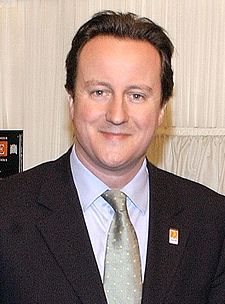Project Europe 2030: reflection and revival (part one), Kalypso Nicolaïdis
It seems ironic that a report on the future of the European Union – Project Europe 2030: Challenges and Opportunities – is issued at the very moment when the continent?s leaders have been meeting in a desperate effort to contain the reverberations of an epic financial crisis. The flames in burning Athens, and the decisions taken in Brussels to seek to douse them, highlight both the dangers and capabilities of 21st-century Europe. But the wider context of the grave emergency in the eurozone also confirm that Europe needs much more than short-term management: it needs a larger sense of the critical choices facing it over the next generation.
Did Sarkozy threaten to pull out of the euro?
Granted, this is the Guardian, quoting, El Pais, quoting anonymous sources, quoting Jose Luis Rodriguez Zapatero, quoting Nicolas Sarkozy, but it still has to raise some eybrows at the European Central Bank:
The startling threat was made at a Brussels summit of EU leaders last Friday, at which the deal to bail out Greece was agreed, according to a report in El País newspaper quoting Spanish Prime Minister José Luis Rodríguez Zapatero. Zapatero revealed details of the French threat at a closed-doors meeting of leaders from his Spanish Socialist Party on Wednesday.
Germany’s worst nightmare?
The Commission has today presented plans to tighten up budgetary supervision and oversight in an attempt to avoid a repeat of the current eurozone crisis in the future (i.e. making up for the obvious and fundamental flaw of the eurozone, which is that monetary union cannot exist without economic and political union). ?We want governments to send their budget outlines to Brussels for review before they are approved by their national parliaments,” EU Economic and Monetary Affairs Commissioner Olli Rehn said today. “We can then see early whether a country is adhering to the Stability and Growth Pact. If not, we would intervene.”
Report on EU?s Long-term Future says: ?Reform or Decline.?
May 11, 2010
With all eyes on Europe?s last-ditch efforts to save the eurozone from collapse, it is hardly surprising that a thoughtful, 46-page report on the European Union?s long-term future has gone almost completely unnoticed. But the study, commissioned by EU heads of state and government in 2007 and published last weekend, is worth taking a look at.
European financial stabilisation mechanism: Open Europe accuses: ?Profound dishonesty?
In the 11 May 2010 post on the eurozone rescue package They Said It Wouldn?t Happen, the Open Europe Blog makes these specific allegations with regard to Article 122 TFEU:
